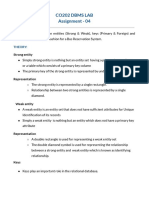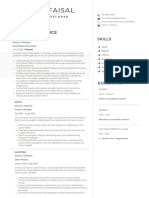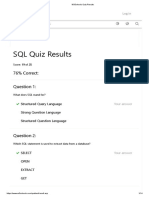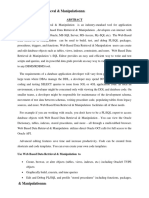0% found this document useful (0 votes)
19 views3 pagesCritical Data Security and Privacy Principles
The document discusses critical data security and privacy principles, emphasizing the ethical responsibilities of data professionals in handling personal data. It outlines the importance of data privacy, the rights of individuals regarding their data, and strategies for protecting privacy, such as data anonymization and aggregation. Ultimately, it highlights the necessity for organizations to implement privacy measures to maintain trust and protect individuals' sensitive information.
Uploaded by
23wh1a0553Copyright
© © All Rights Reserved
We take content rights seriously. If you suspect this is your content, claim it here.
Available Formats
Download as DOCX, PDF, TXT or read online on Scribd
0% found this document useful (0 votes)
19 views3 pagesCritical Data Security and Privacy Principles
The document discusses critical data security and privacy principles, emphasizing the ethical responsibilities of data professionals in handling personal data. It outlines the importance of data privacy, the rights of individuals regarding their data, and strategies for protecting privacy, such as data anonymization and aggregation. Ultimately, it highlights the necessity for organizations to implement privacy measures to maintain trust and protect individuals' sensitive information.
Uploaded by
23wh1a0553Copyright
© © All Rights Reserved
We take content rights seriously. If you suspect this is your content, claim it here.
Available Formats
Download as DOCX, PDF, TXT or read online on Scribd
/ 3
























































































